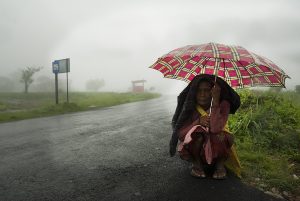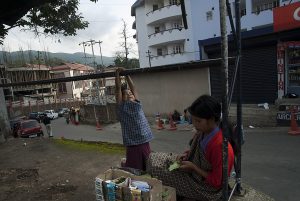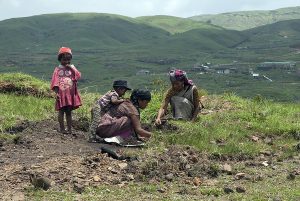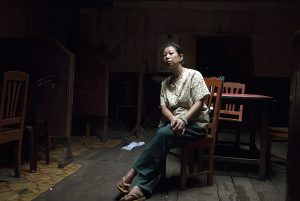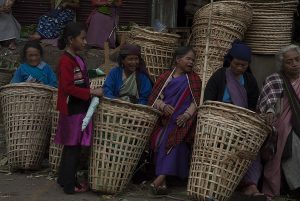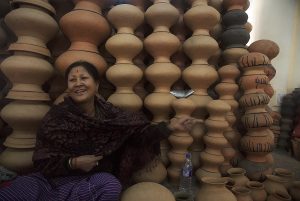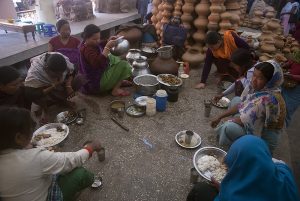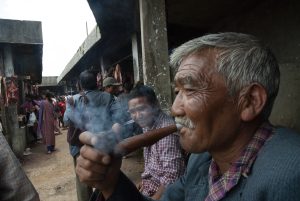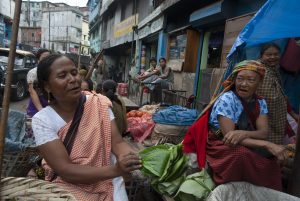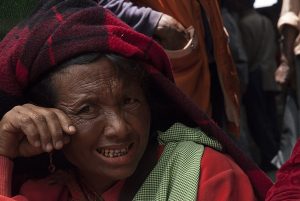In the remote northeastern Indian state of Meghalaya, the Khasi tribe still follows the ancient tradition of matrilineage, where women inherit ancestral property, children adopt their mother’s surname, and the local market is abuzz with independent female vendors, who have complete control over their business. In other words, in the Khasi community, men play second fiddle to women – a situation rarely found elsewhere in India, where by and large the society is driven by patriarchal norms.
Photo Essays | Society | South Asia
The Khasis: A Matrilineal Society in India’s Northeast
The Khasi tribe in Meghalaya is one of the last remaining matriarchal societies in the world.













